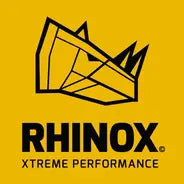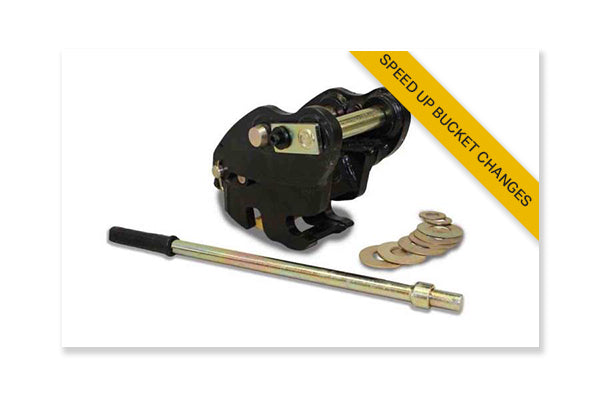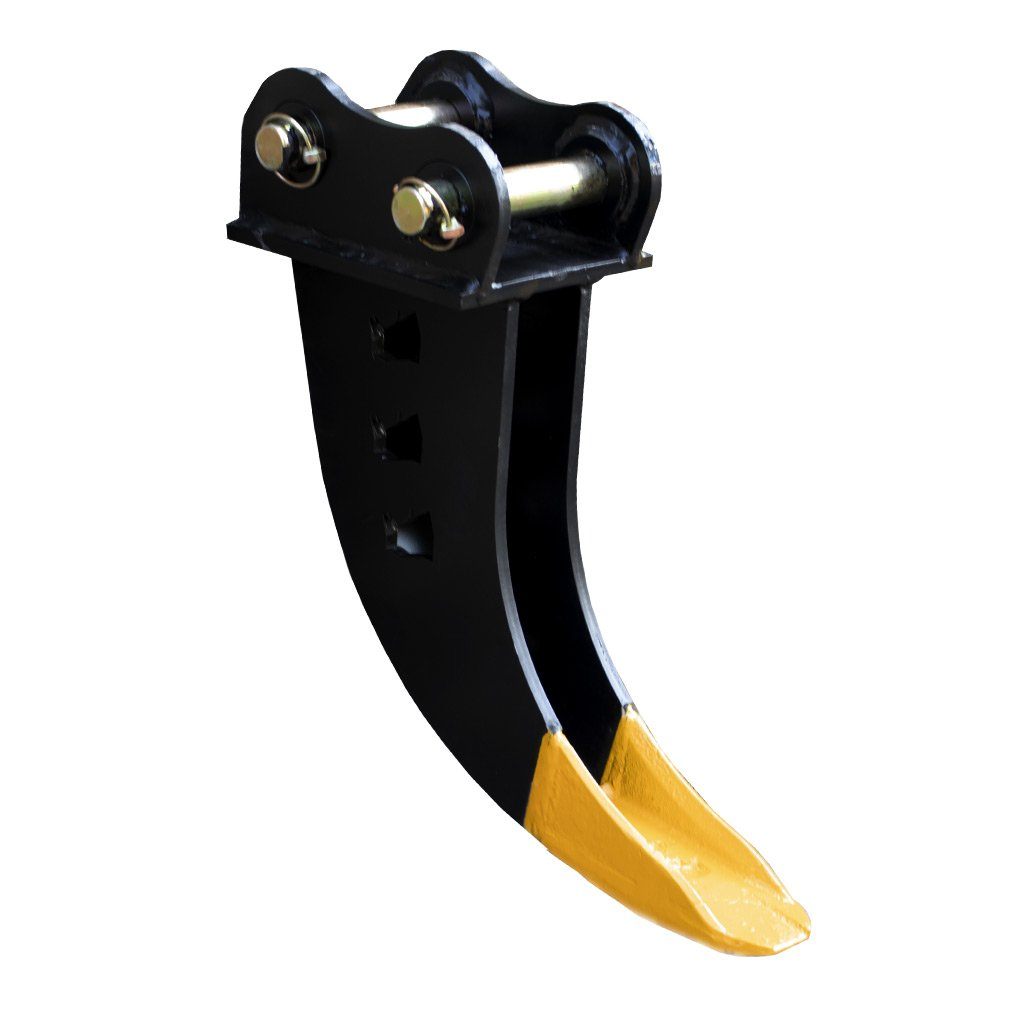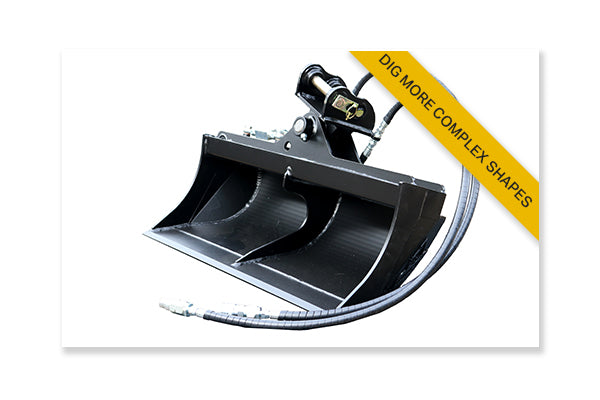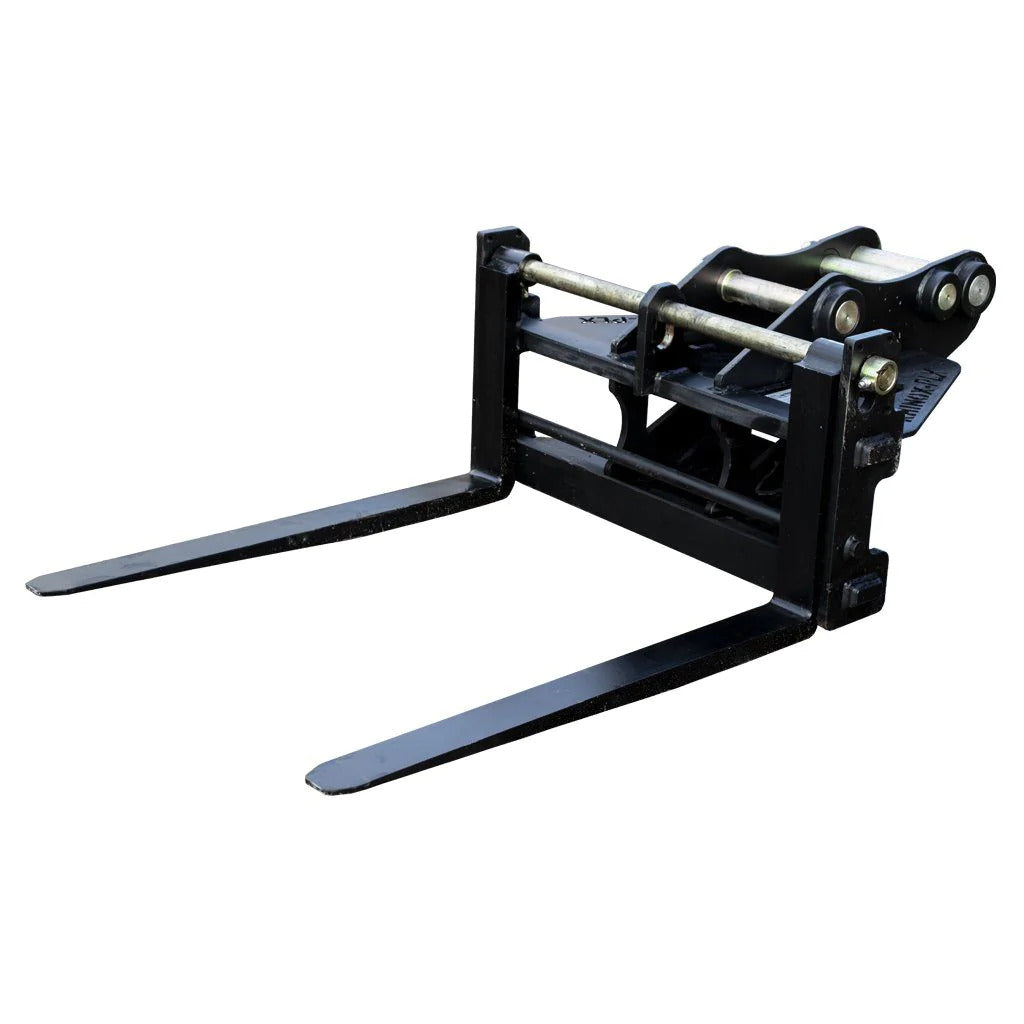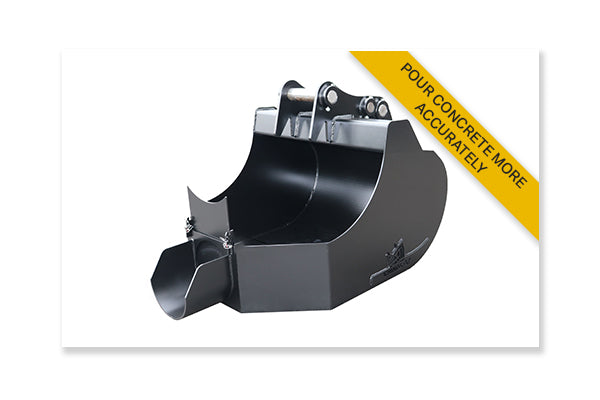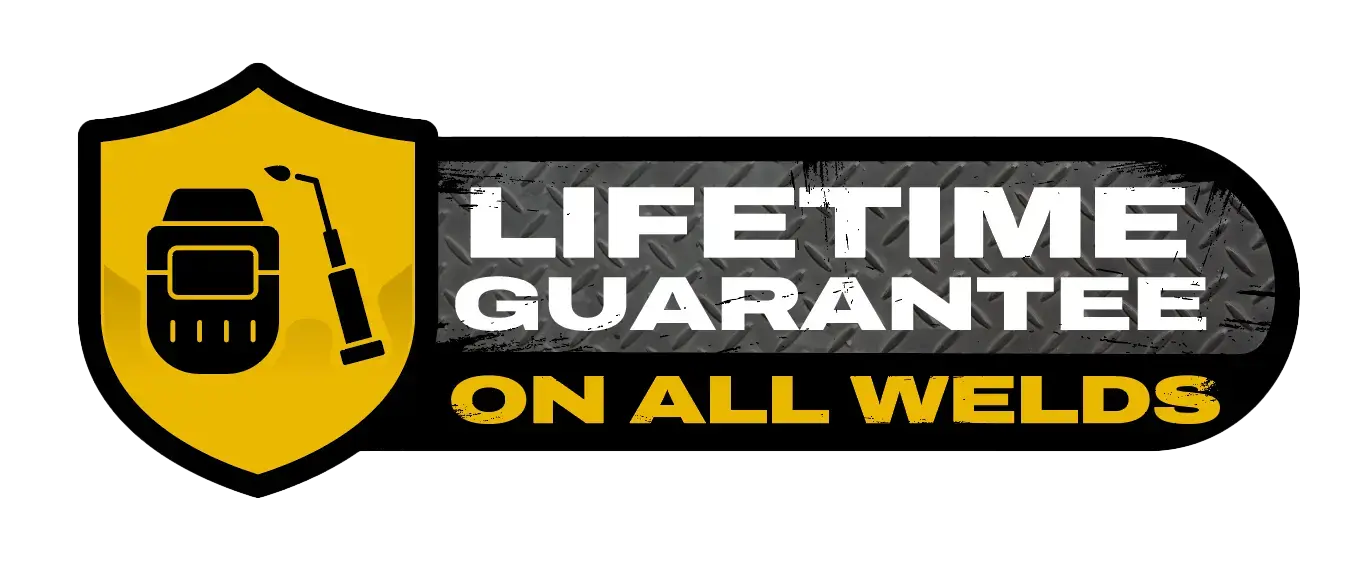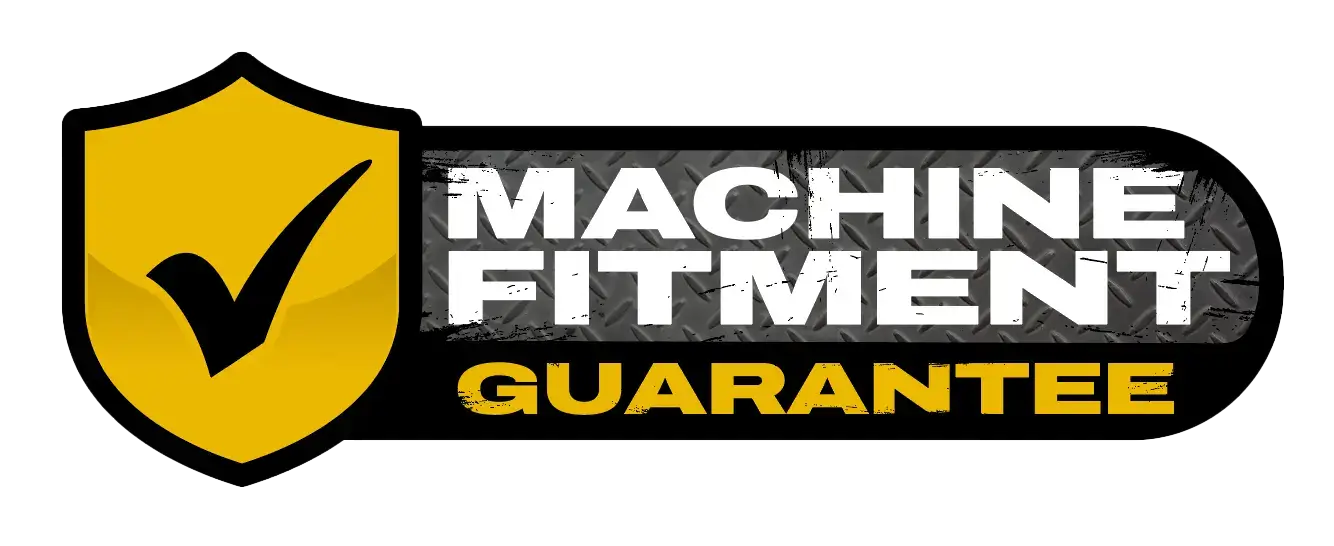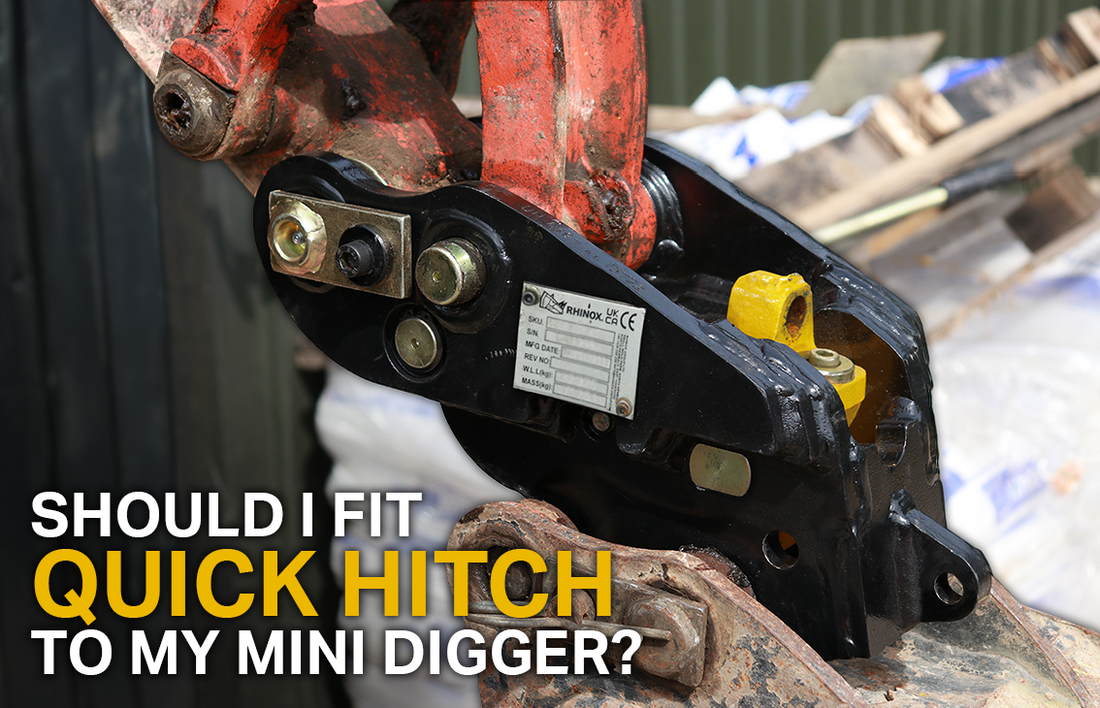
Should I Fit a Quick Hitch to my Mini Digger?
Whether you're on a large job site or you are an owner operator, every minute saved during operation can translate to increased productivity and profitability. One attachment that has significantly impacted the industry is the quick hitch – a tool designed to streamline the process of attaching and detaching excavator attachments. While quick hitches promise convenience and time savings, they also raise important considerations regarding safety and practicality. In this guide, we delve into the age-old question: "Should I fit a quick hitch to my mini digger?" We'll explore the scenarios where a quick hitch is beneficial and those applications where caution is warranted.
When should you use a quick hitch on a mini digger?
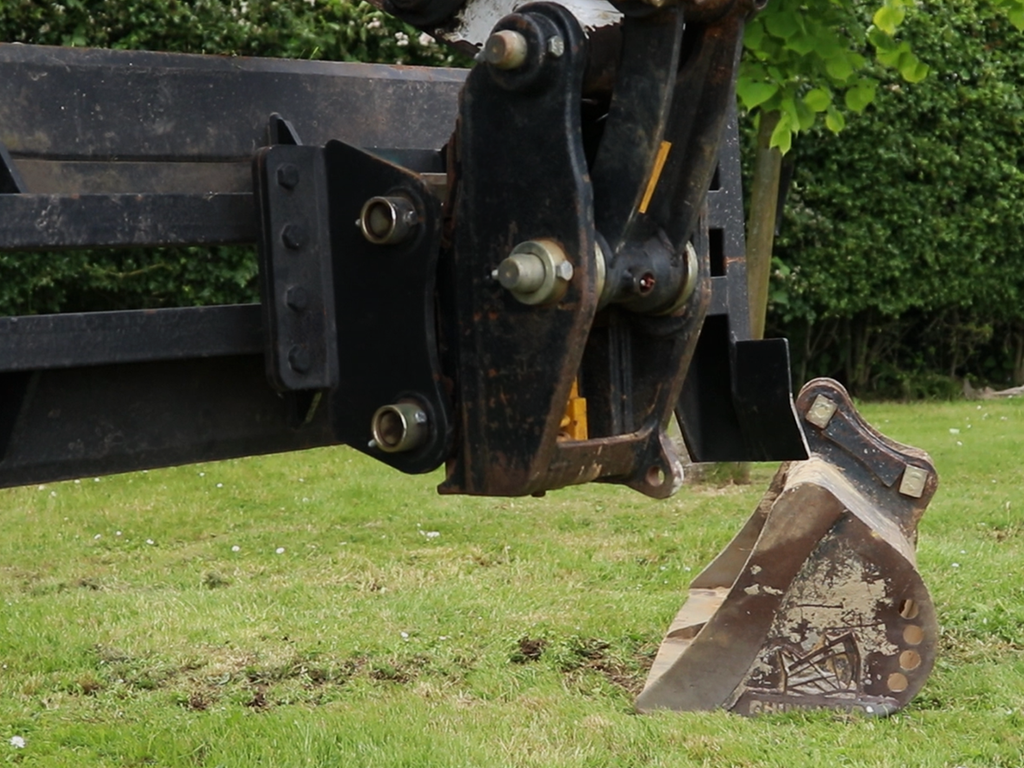
1. You Change Attachments Regularly
If you find yourself regularly switching between excavator buckets and attachments, fitting a quick hitch to your mini digger is an excellent solution. Changing attachments without a quick hitch can be exhausting, potentially leading to injuries and consuming unnecessary time. The quick hitch is specifically designed to speed up these changes, eliminating the need to manually insert bucket pins. With an excavator quick hitch, you can reduce your attachment swap time from 10 minutes to just 1-2 minutes, drastically minimising your downtime and maximising your project work time. This rapid attachment change capability is one of the most notable advantages of a quick hitch.

2. You Want to Reduce Manual Handling
While it's physically possible to manually mount your buckets and attachments to your mini excavator, it's important to consider the safety implications. Most construction injuries stem from manual handling, particularly when dealing with loads over 25 kg— a standard 36" grading bucket can weigh around 45 kg. Installing a quick coupler significantly decreases these risks by minimising the need for pushing, pulling and manhandling your attachments, while also simplifying the process of attaching and detaching. This not only enhances safety for you but also reduces strain on both yourself and your equipment, thereby promoting a safer and more efficient work environment.

3. You Want to Reduce Maintenance Costs
If you're accustomed to manually changing your buckets and attachments, then you're all to familiar with the wear and tear inflicted on equipment components like pins, bushes and bucket links. This frequent mounting and unmounting process not only damages these parts but also incurs considerable replacement costs, often comparable to installing a quick hitch. By reducing the need for manual mounting, a quick hitch significantly decreases wear on your digger and attachment components, saving you money on frequent replacements and ensuring a secure connection between your machine and attachment during operation.
When shouldn't you use a quick hitch on a mini digger?
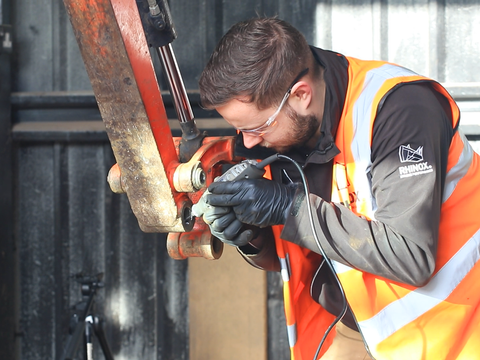
1. You Have a Tight Budget
The initial cost of mini digger quick hitches can be a deterrent for many excavator owners, as they often range between £400 to £800 for manual options and around £1,500 for hydraulic couplers. This investment may seem hefty, prompting individuals to question its value relative to their excavation needs and budget constraints. Quick hitches not only streamline attachment changes, saving time and reducing physical strain, but they also help minimise equipment wear and tear, ultimately leading to cost savings in maintenance and replacement parts. While the upfront cost may seem high, the long-term efficiency gains and potential savings make quick hitches a worthwhile consideration for many operators.
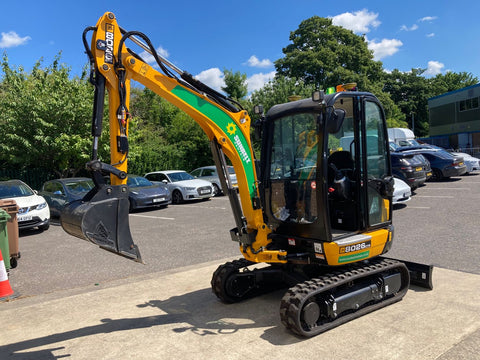
2. You Only Use 1 Attachment
If your work primarily involves using a single attachment, the use of a quick hitch may be limited. In such cases, the cost-effectiveness of investing in a quick hitch may be questionable, as the benefits of rapid attachment changes may not outweigh the initial investment. If you're only using one attachment over and over, fitting a quick coupler to your mini excavator may not be necessary, as the cost may not outweigh the benefits. Since you don't need to speed up your attachment changes, which is the primary benefit of using a hitch, it may not be deemed worth it.

3. You Do Repetitive Harsh Jobs
In environments where attachments are subjected to repetitive harsh conditions, such as demolition or rock-breaking, quick hitches may experience accelerated wear and tear. The constant rapid movements of attachments could potentially shorten the lifespan of the quick hitch. Therefore, if you regularly use hard-wearing attachments like a hydraulic breaker or a riddle bucket on your machine, it's advised not to use a hitch. Many manufacturers, including Rhinox, do not offer warranty on quick couplers if they have been used with these sorts of attachments, which would render your hitch warranty void in such cases. Read more about our quick hitch warranty.
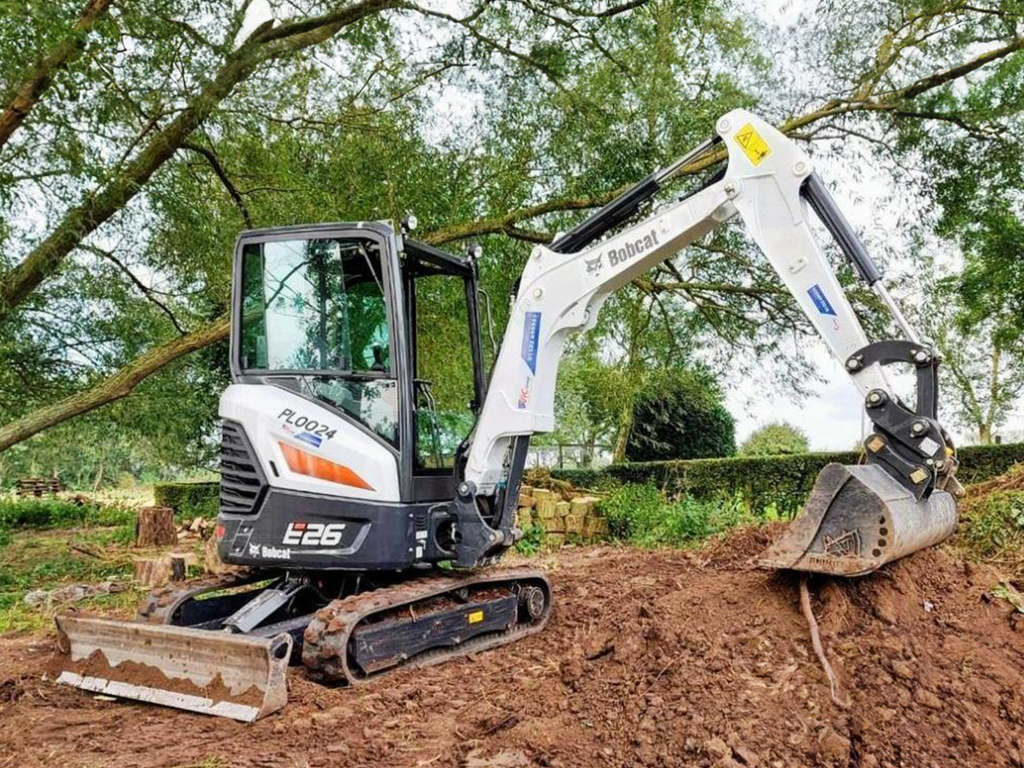
4. Maximum Power is Crucial
Attaching a quick hitch to your mini excavator will add extra length to the end of the arm, potentially slightly reducing breakout force, which is the amount of force put through the excavator arm into the attachment and then into the ground. While in many cases, this reduction may be negligible and not significantly affect the tasks at hand, for applications where strength is crucial, this factor should be considered. However, it's important to note that modern quick hitch designs are often low-profile which have minimal impact on breakout force to maintain optimal machine performance across various applications.
In conclusion, deciding whether to fit a quick hitch to your mini digger depends on several factors. Quick hitches offer efficiency, safety, and equipment longevity benefits, particularly for those who frequently change attachments. However, the upfront cost may deter some operators, especially if they primarily use a single attachment or work in harsh conditions. Additionally, the potential reduction in breakout force should be considered. Ultimately, evaluating your specific needs, operational requirements, and budget constraints will help determine if a quick hitch is a worthwhile investment for optimising productivity and profitability in your excavation operations.
